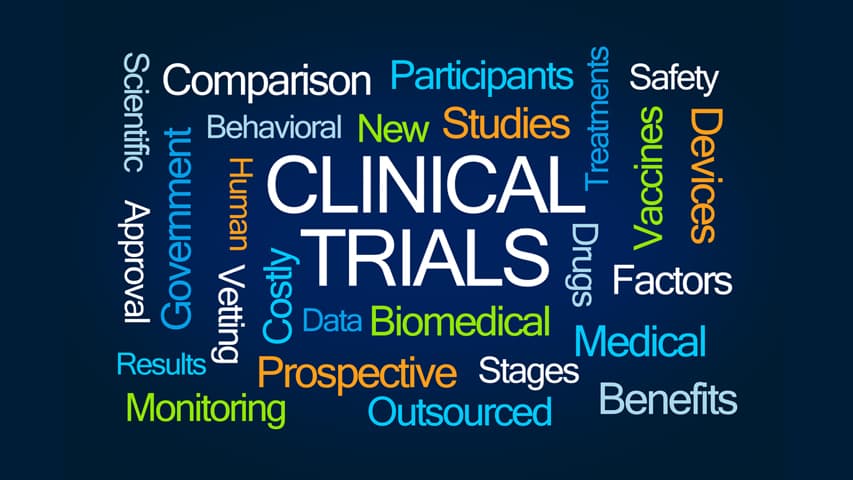Frequency Therapeutics Announces Topline Results for its Phase 2b Study of FX-322 for the Treatment of Sensorineural Hearing Loss

Frequency Therapeutics, Inc. (Nasdaq: FREQ), a regenerative medicine company focused on developing therapeutics to activate a person’s innate potential to restore function, today announced clinical results from the placebo-controlled Phase 2b study of FX-322 in individuals with acquired Sensorineural Hearing Loss (SNHL).
The study, which enrolled 142 people with either sudden or noise-induced sensorineural hearing loss, failed to achieve its primary efficacy endpoint of an improvement in speech perception. Data showed no statistically meaningful difference at day 90 between those administered FX-322 versus those receiving placebo in the proportion of individuals that demonstrated an improvement in speech perception. There were also no measurable improvements observed in any of the study’s secondary endpoints. Prior FX-322 studies had been designed to best understand patient etiologies and severities where a hearing signal could be observed. FX-322-208 was statistically powered with a balanced placebo and active group. The safety profile associated with FX-322 was favorable and no study participants experienced a serious adverse event that was associated with treatment.
The Company will now discontinue the FX-322 development program. In addition, while dosing of FX-345, a second program to treat SNHL, has been completed in the initial safety cohort of an ongoing Phase 1b trial, that development program will also be discontinued. The Company will now focus its resources to advance its remyelination in MS program into the clinic.
“This was a rigorous and well-designed study that provided us a clear outcome, though not the outcome we wanted. Given these disappointing results, we will cease further development of the Company's drug candidates for hearing loss. We are thankful to the patients, clinicians and their staffs, and the experts from our clinical advisory board who helped us to design and run a conclusive study in SNHL. We hope the learnings from our studies will benefit the field and ultimately support the successful development of future treatments for hearing loss,” said Chris Loose, Ph.D., Frequency’s chief scientific officer.
Frequency’s efforts now will focus on continuing to develop novel therapeutics to induce remyelination for individuals living with MS. The Company previously reported that it had identified a novel target relevant to myelination. Modulation of this target drives robust oligodendrocyte differentiation and expression of myelin proteins in vitro. The Company has identified multiple novel chemical entities that induce robust remyelination following demyelination in an adult in vivo animal model. The MS program is independent of the hearing program, with a distinct molecular target, mechanism, progenitor cell population, and small molecule drug candidates. Further, a well-defined clinical path with objective biomarkers such as visual evoked potential (VEP) and magnetic resonance imaging (MRI) exist for studying the performance of remyelination therapies in MS patients. Frequency’s agents substantially outperform other clinically studied remyelination agents in head-to-head in vivo studies. Frequency plans to begin its clinical program for remyelination in 1H 2024.
The Company will immediately reduce headcount as part of an overall restructuring, downsizing personnel by approximately 55 percent. The Company believes that the restructuring will generate sufficient cost savings to extend its runway into 2025 and enable it to complete a first clinical trial of its MS program in 2H 2024. As of December 31, 2022, Frequency had cash, cash equivalents and marketable securities of $83.1 million (excluding restricted cash).
About Frequency Therapeutics
Headquartered in Lexington, Mass., Frequency Therapeutics is pioneering a new category in regenerative medicine that aims to restore human function by developing therapeutics that activate a person’s innate regenerative potential within the body through the activation of progenitor cells. The Company’s lead preclinical program is designed to activate oligodendrocyte precursor cells with the goal of driving remyelination and potential functional recovery for individuals living with multiple sclerosis.
Published on Tuesday, 14 February 2023



